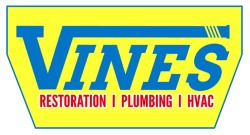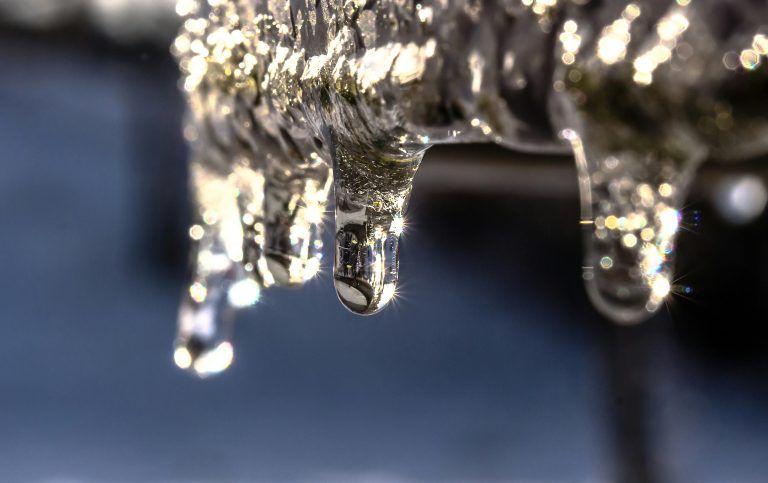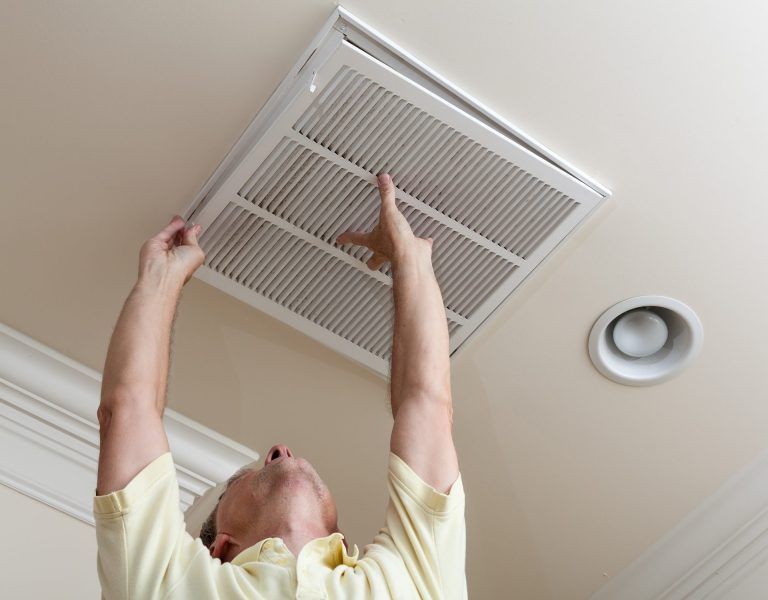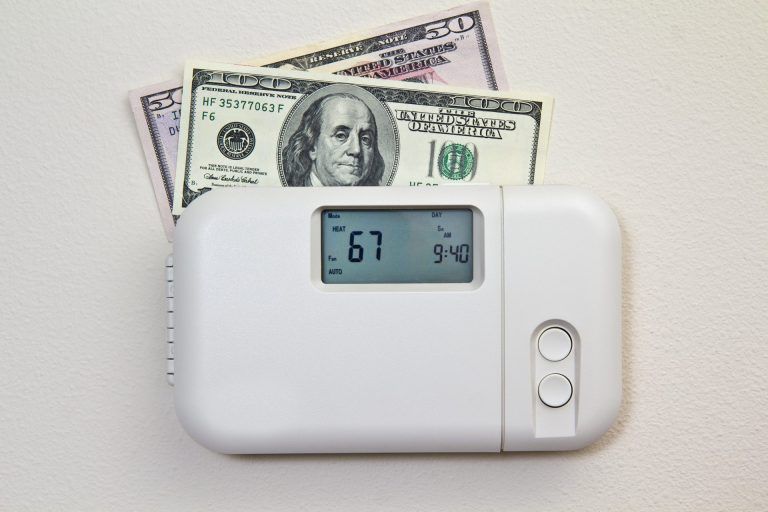The Impact of HVAC Air Filters on Indoor Air Quality and Health
Do you ever stop to think about what kind of air quality you’re breathing in your home or office? Modern building standards have improved dramatically over the years, but the introduction of HVAC (heating, ventilation and air conditioning) systems has made it easier than ever before for contaminants to circulate around an indoor space. Therefore, one of the most important factors influencing the quality of your indoor air is how often you replace – and more importantly – what type of filter your HVAC system uses. In this blog post, we’ll be exploring why it’s so important to use the right type when replacing HVAC filters in order to maintain a safe level of indoor air contamination.
Overview of HVAC air filters and their importance for clean indoor air quality
Air filters are an essential part of HVAC systems and play a critical role in maintaining clean indoor air quality. These filters work by capturing various pollutants like dust, mold, pet hair, and other allergens before they get circulated back into the air you breathe. In other words, they trap these particles and prevent them from spreading throughout your home or office. Over time, filters get clogged and lose efficiency, which is why it’s important to change them regularly. Otherwise, they can become a breeding ground for bacteria and further contaminate your indoor air. Therefore, it’s crucial to invest in high-quality air filters and keep up with their maintenance to ensure the best possible air quality.
Benefits of regularly replacing your HVAC air filter
Did you know that regularly replacing your HVAC air filter can provide a whole host of benefits? Not only does it help to keep the air in your home cleaner and healthier, but it can also improve the efficiency of your HVAC system. A dirty air filter can cause your system to work harder, which can lead to higher energy bills and even premature system failure. By replacing your air filter every one to three months, depending on usage and other factors, you can ensure that your HVAC system is running at its best while also improving the overall air quality in your home. So, don’t neglect this simple yet important task – give your HVAC system a boost by regularly replacing its air filter.
Types of HVAC air filters and their differences
In today’s world, indoor air quality is more important than ever. That’s where HVAC air filters come in. But did you know that there are various types of air filters? From fiberglass to high-efficiency particulate air (HEPA) filters, each type serves a unique purpose. For instance, a basic fiberglass filter is often the most affordable option and captures larger particles, such as dust and debris. Meanwhile, HEPA filters trap the smallest particles and pollutants, such as allergens and bacteria. So, which air filter is right for you and your home? Understanding the differences between each type can help you make an informed decision.
Typical signs that indicate it’s time to replace your filter
When it comes to maintaining your air or water quality, a high performing filter is essential. So how do you know when it’s time to replace your filter? If you notice poor air or water quality, persistent allergies, increased energy bills, or decreased airflow, these are all indications that your filter is due for a replacement. By keeping up with regular filter replacements, you can improve the overall quality of your environment and prolong the life of your HVAC system.
Conclusions about the impact of HVAC air filters on indoor air quality and health
After exploring the different types of HVAC air filters, the importance of replacing them regularly, and their impacts on our health, many can agree that investing in a high-quality filter is worth it. By choosing the right filter for your home and heeding to manufacturer’s guidelines for replacement intervals, your HVAC system will not only run more efficiently, but your family will be breathing in clean air circulating throughout your home. And with healthier indoor air comes decreased allergies, better well-being and overall improved satisfaction from feeling comfortable in your own space. Therefore by taking the steps necessary to maintain an effective air-filtration system, you’re ensuring that your home provides quality breathing air to everyone living within it!









